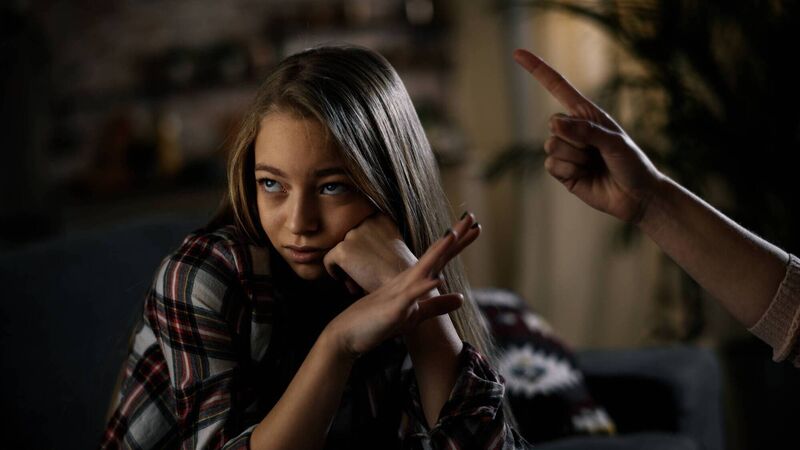Coleman Noctor: No child should fear an adult but are we now facing a lack of respect?

There have been a number of reports of violent behaviour amongst teenagers, and this is not specific to the pandemic and the subsequent lockdowns.
A lot was spoken about the impact of the rolling lockdowns on victims of domestic abuse, where people were cooped up in their homes for long periods,
with no access of escape and an increase in alcohol intake at home too. But it seems this trend is not abating post lockdown and the alarming news stories of violent assaults and murder continue to appear with grim regularity.













